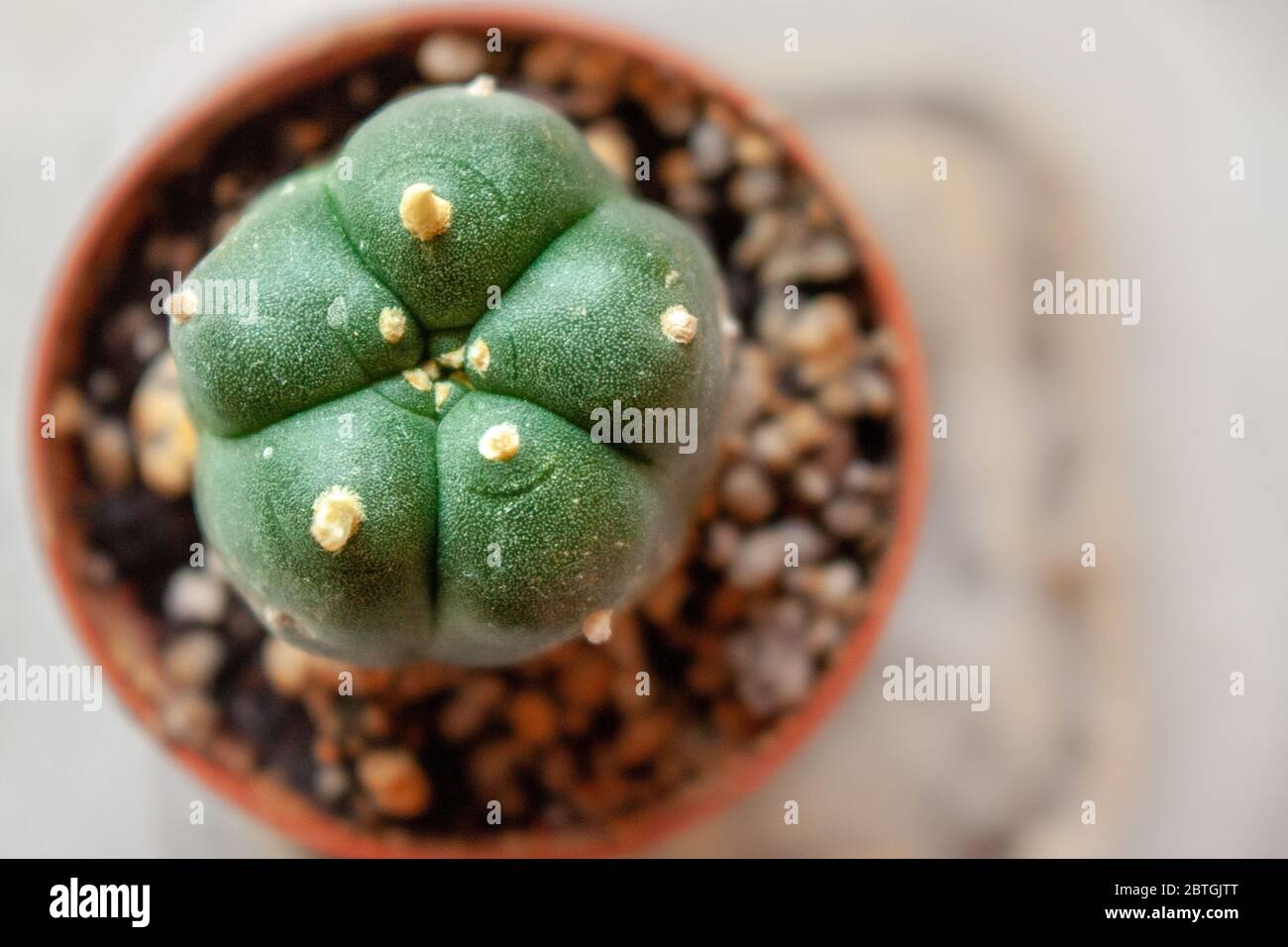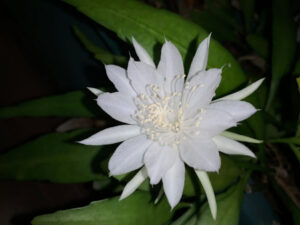When it comes to the peyote cactus, one may wonder: How does this small, enigmatic plant navigate the convoluted terrain of legality? The peyote cactus, known scientifically as Lophophora williamsii, is not just an ordinary desert flora; it has long been revered for its psychoactive properties, particularly its potential to induce profound introspection and spiritual experiences. However, amid its cultural significance, the legal status of peyote seeds presents a rich tapestry of complexity that merits exploration.
As we delve into the legal milieu surrounding peyote, it becomes essential to consider the various legal frameworks that govern this unique cactus. While peyote holds a place in the traditional practices of certain indigenous peoples, its status varies significantly depending on geographic location and cultural context.
To begin, it is crucial to understand the historical context of peyote’s usage and its entwinement with indigenous rites. For centuries, Native American communities have harnessed the spiritual and medicinal properties of peyote. The United States, recognizing the cultural significance of peyote in Native American religious practices, has implemented policies that allow its use under specific conditions, particularly for members of federally recognized tribes.
Nevertheless, the legality of cultivating and possessing peyote cactus seeds flares up a contentious debate. In many states, the cultivation of peyote for non-religious purposes remains strictly prohibited. What does this mean for the curious horticulturalist or aspiring spiritual explorer? The challenge lies in balancing personal liberties against legal limitations while remaining cognizant of the cultural implications at play.
Before contemplating possession or cultivation, assessing the status of peyote seeds under state and federal law is critical. In many jurisdictions, it is legal to purchase and sell seeds, yet the cultivation of the live plant for purposes beyond religious use is often outlawed. Consequently, individuals may find themselves treading a fine line between botanical interest and legal ramifications.
In states such as Texas, where peyote farming operates within a controlled and legal framework, the dynamics shift dramatically. In these areas, licensed growers cultivate peyote for medicinal and religious use. This raises further questions about ethical responsibility and the preservation of traditional practices. It is vital for individuals interested in peyote to engage respectfully with the plant’s history and recognize the ongoing struggles of indigenous cultures advocating for their rights to use this sacred cactus.
Another significant aspect to consider is the intersection of peyote legality with broader discussions surrounding drug policy reform. As societal attitudes toward psychedelics evolve, an array of advocates argues for the decriminalization or legalization of various psychoactive substances. The increasing interest in psychedelic therapy highlights the potential benefits of regulated approaches to such substances. Could this shift in perception influence peyote’s legal status in the future? The answer remains uncertain, yet the dialogue is ripe for exploration and engagement.
Let us also explore the ecological and environmental implications of cultivating peyote. When considering the legality of growing this venerable cactus, one must also weigh the sustainability of its harvest. Peyote populations have been under stress due to over-harvesting and habitat loss, leading to conservation efforts aimed at protecting this iconic species. Unscrupulous cultivation could not only jeopardize local ecosystems but also undermine the integrity of cultural patrimony. Hence, conscientious cultivation practices should be prioritized to ensure that the revere for peyote is matched by a commitment to its preservation.
As more individuals become intrigued by peyote, the legal landscape may shift, reflective of changing societal values and increasing recognition of indigenous rights. In recent years, discussions surrounding psychedelic therapy and the broader potential of entheogens have invigorated the movement for reform. Amidst this change, it is essential to approach the legality of peyote seeds with a keen sense of awareness and responsibility. Legislative developments in both state and federal arenas warrant close attention, as they will indubitably influence the future of peyote cultivation.
In the grand tapestry of legality, the interplay between tradition and modernity becomes ever more apparent. As peyote unfolds its complexities with increasing visibility, those interested must navigate the nuances with an informed perspective. Public perception is a powerful catalyst for change, prompting deeper discussions about the future of peyote and its role in contemporary society.
In conclusion, understanding the legal status of peyote cactus seeds is neither simplistic nor trivial. It is a multifaceted subject shaped by historical context, ethical considerations, and ongoing legislative discourse. The dance between legality and spirituality presents questions that challenge societal norms while inviting individuals to engage thoughtfully with one of nature’s most enigmatic plants. So as you ponder your own journey with peyote, consider not just the seeds and soil, but the intricate web of culture, legality, and purpose that surrounds this ancient, revered cactus.




Leave a Comment